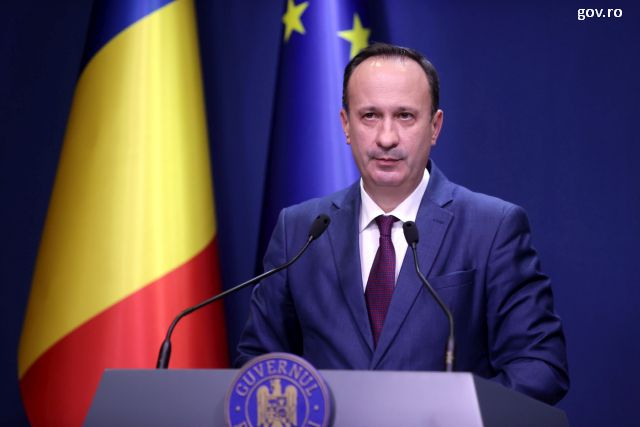The 2023 draft state budget
The draft state budget for 2023 has been published by the Finance Ministry.

Roxana Vasile, 07.12.2022, 14:00
The Romanian Finance Ministry has made public the draft state budget for 2023, saying the document was drafted so as to convey a message of trust, realism, coherence and responsibility. Its authors built the budget on an estimated growth rate of 2.8% of the GDP, an annual inflation rate of 8%, a bigger number of employees and on a smaller unemployment rate, set at 2.7%. Revenues to the state budget have been put at approximately 108 billion euro, while expenditure may stand at 121 billion euro. This brings the budget deficit to 4.4% of the GDP, which is expected to go down to 2.95% in 2024.
Among the coalition governments objectives for next year are healthy public finances, directed towards supporting vulnerable categories and SMEs, reforms in the labour and pension systems, strengthening corporate governance in state companies, by using best practices at European level, with a view to improving their performance. No additional taxes will be introduced and the main focus will be on investments, according to Finance Minister Adrian Caciu: There will be no additional taxes, but massive investment, not only from the public perspective. Next years budget is built on a volume of investment which I would call historic, which I also want to see implemented. Im talking about 112 billion lei, accounting for 7.2% of the GDP. The most important thing is to invest in the Romanian capital and the economy. Although we have a large number of companies with Romanian capital, the share of added value in the GDP is not as significant so it must be supported and increased. This can only be done through economic reconversion, the switch from consumption economy and dependence on imports to production economy in the domestic economy.
The draft state budget also provides for a 10% increase in the civil servants gross salaries and of 12.5% in pensions, compensatory time off for overtime work, and keeping the food allowance at the level of 2022. Also, the gross minimum wage will be increased to around 600 euros per month. The ministries of defence, development, transports and education will have significantly bigger budgets, unlike the energy, justice and healthcare ministries which will have smaller allocations. (EE)






























